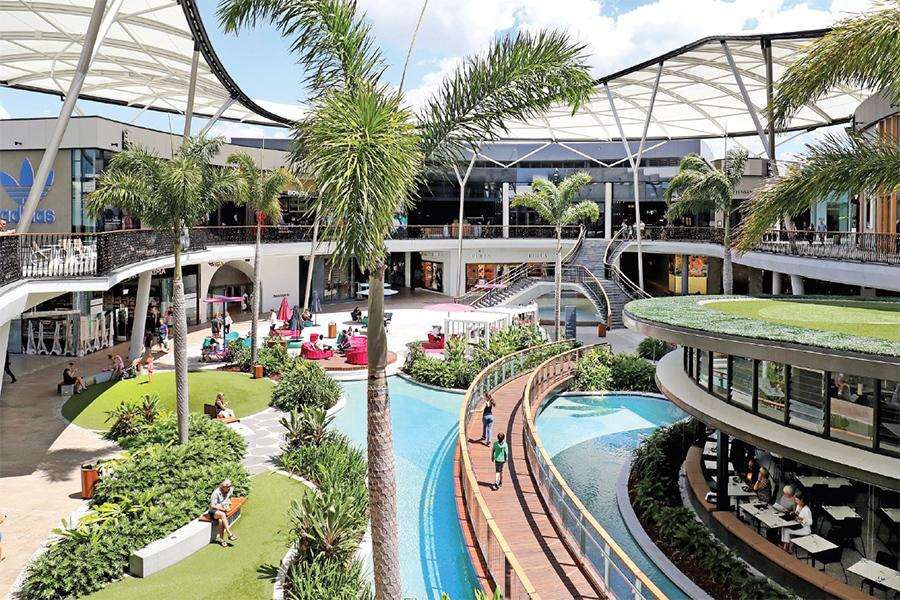I’m writing from China, a country where I spend five to six months a year. The country’s ’11.11’ day is over. ‘Singles’ Day’ (or ‘Guanggun Jie’) is its original nomenclature – it’s China’s annual e-shopping festival whereby China’s youth celebrate their pride in being single with some retail therapy. Unsurprisingly, this year, the sales record was broken. In a single day, internet sales amounted to some $40 billion. Impressive? Certainly; but let’s put things into true perspective.
‘Perspective’ is the key word here. What’s our ‘perspective’ on such massive e-commerce sales? The analysts are having a field day talking about the power of the internet and the subsequent demise of bricks and mortar retail; 11.11 is pointing the way; the event is carried live on CNN, BBC World, Al Jazeera and a host of others, with the ‘expert commentators’ waxing lyrical! Those commentators have a somewhat distorted perspective; it’s important to clear the sight-lines.
For a start, China is different.
Generally, in the west, we think of China as a country; yes, we know it’s larger than most countries and we know it has more people, but to think of it in those terms, although they may be true, is to distort the picture. China has more similarities with, say, Europe. It’s a land of different peoples with different physical characteristics, different cultures, different languages, different cuisines, different physiognomies; and together, they are not just a number, but more to the point, they are one-fifth, or, 20% of the population of the earth!
Consider two statements:
1. ‘Yesterday, Internet sales in China accounted for some $40 billion.’
2. ‘Yesterday, Internet sales for 20% of the earth’s population accounted for some $40 billion’. Certainly, the first statement has more impact; it’s more dramatic; has more of the ‘incredible’ about it.
In factual or dollar terms, it’s about $26 per head, so a family of three, on average, forked out $72 on the most hyped-up day for sales in China. Think of this national Chinese online sales event as Australia’s Mothers’ Day, Christmas and Boxing Day sales all rolled into one! If $26 per head was all we spent on the above, there’d be huge disappointment!
And there are other factors too. It’s only 30 odd years or so since Deng Xiaoping opened China to foreign investment and the global markets. That heralded the movement of some 800 million people from the country to the cities, which led to massive expansion of many cities and the creation of new ones.
In a period of just 30 years, literally hundreds of millions of people in China have progressed from what could accurately be described as a medieval existence, into one of, in western terms, working, blue collar or middle class.
So, these people have and are currently not just ‘moving’, they’re also radically changing the very way they live. And in so doing, they are not simply entering into an already formed, traditional urban society, but they are establishing one.
First came the factories then, simultaneously, the people to work in them along with their apartments. Shops, retail and other forms of social infrastructure were of secondary consideration.
Shenzhen, close to Hong Kong in the province of Guangzhou, in the mid 1970s was a prosperous village/small town of about 20,000 people; today, it is a highly sophisticated city with a population knocking on the door of 12 million – or roughly half that of Australia! These people – the new urban arrivals – have embraced the internet with a passion unrivalled anywhere in the world. They haven’t simply progressed (and that word is subjective, of course) from an ancient rural existence, into a world of a modern apartment residence with the attendant washing machine, colour TV and air-conditioning, but they’ve embraced the internet as well! Think of it. You enter a world of modernism from one of medieval similarity. You earn a weekly wage, the like of which, only the nobility experienced in your previous existence. You live in material splendour and have a ‘disposable income’. But your new surroundings have not yet evolved; there’s no tradition here; no established ‘retail strip’ or town centre. For leisure and social interaction, the mobile phone is your form of expression. It’s a crazy world; but it’s not the future.
From here on in, 11.11 will diminish in terms of its share of total consumer spending. As China continues to grow, as it asserts itself as the world’s number one economy, watch the trends.
In terms of a percentage of total discretionary spending, e-commerce will diminish. Spending in venues that involve social interaction will increase.
People like people.
As a species, we like to rub shoulders with others; we like to touch; we like to smell; we like to listen live; we like to ‘people watch’; we like to mix; we like to show off; we like to flirt; we like to talk. We like to interact. We like to be with each other.
Is that what your shopping centre is about?





















